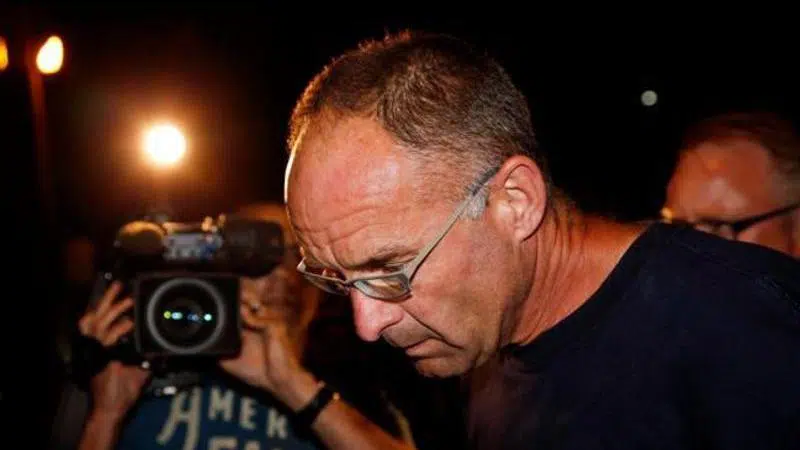
Alberta’s top court reserves decision on appeal of triple murderer
CALGARY — A lawyer for a man found guilty of killing a couple and their grandson has argued that a judge should never have allowed evidence taken from her client’s farm because police shouldn’t have been there in the first place.
Douglas Garland is appealing convictions of first-degree murder in the deaths of Alvin and Kathy Liknes and five-year-old Nathan O’Brien five years ago.
Garland, 59, is serving a life sentence with no chance of parole for 75 years.
